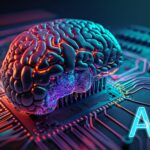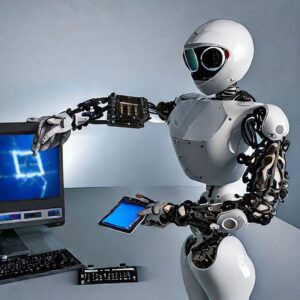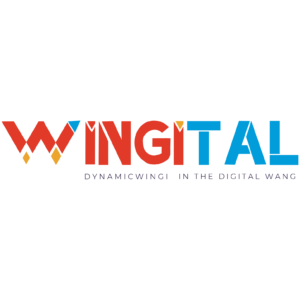Unleashing the Power of Artificial Intelligence: Transforming the Future with AI
In the age of rapid technological advancements, artificial intelligence (AI) stands as a beacon of progress, driving a paradigm shift in various domains. This article delves into the transformative power of AI and how it is shaping our future.
The Advent of Artificial Intelligence
Artificial intelligence, sometimes referred to as machine intelligence, is intelligence demonstrated by machines, contrasting with the natural intelligence displayed by humans and animals. AI research is defined as the study of “intelligent agents”: any device that perceives its environment and takes actions that maximize its chance of successfully achieving its goals.
Capabilities of Artificial Intelligence
AI has the power to mimic cognitive functions such as learning, problem-solving, and perception, often outperforming human capabilities in these areas. Its main functional areas include:
1. Machine Learning: Algorithms improving automatically through experience.
2. Natural Language Processing: Interaction between computers and human languages.
3. Robotics: Design, construction, operation, and application of robots.
4. Expert Systems: Computer system emulating decision-making ability of a human expert.
5. Speech Recognition: Converting spoken words into written text.
Machine Learning
Machine learning, a subset of AI, enables computers to learn from and interpret data without explicit programming. Through machine learning, computers can adapt to new inputs, allowing them to perform tasks more efficiently and accurately.
Natural Language Processing
Natural language processing (NPL) is a field of AI that focuses on the interaction between computers and humans through natural language. The ultimate goal of NPL is to read, decipher, understand, and make sense of human language in a valuable way.
The Future Shaped by AI
The potential of AI is immense, with wide-ranging implications across numerous sectors:
1. Healthcare: AI can support medical professionals by providing predictive analytics, improving patient care, and optimizing clinical operations.
2. Education: AI-powered tools can facilitate personalized learning, automating administrative tasks, and fostering collaborative learning.
3. Transportation: AI can revolutionize transportation with autonomous vehicles reducing human error and improving efficiency.
4. Retail: AI can enhance customer experience by personalizing recommendations and improving supply chain management.
Case Study: AI in Healthcare
An interesting example of AI transformation is in the healthcare sector. Google’s DeepMind Health project is successfully using AI to mine medical records to provide faster and more comprehensive health services.
Conclusion
Unleashing the power of Artificial Intelligence is transforming our present and shaping our future. Its applications are vast, and its potential is vast. As we continue to develop and refine these technologies, we can look forward to a future where AI plays an increasingly central role in our lives. As we delve deeper into the age of AI, it’s clear that the only limits are those of our imagination. AI is not just a technological revolution; it’s a global, societal transformation.






